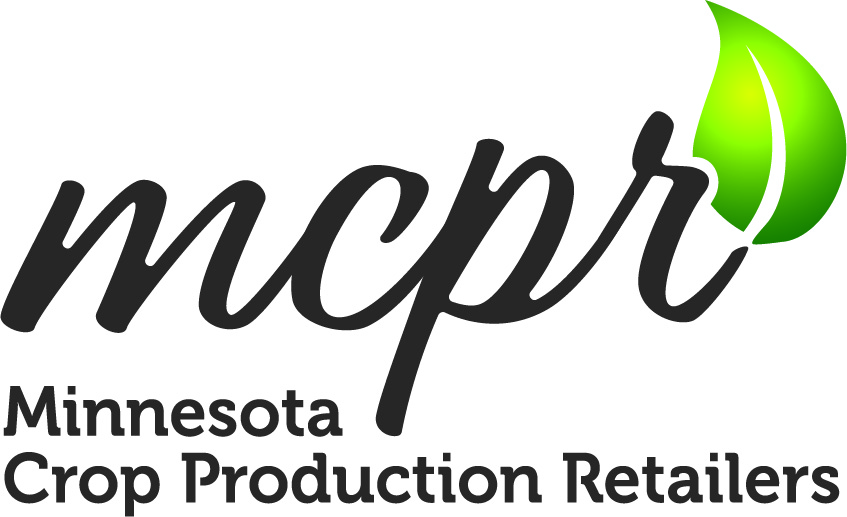Funding Models for Crop Retailers Providing Soil Health & Conservation Agronomy Services
Crop Retailers can significantly influence and support adoption of regenerative practices, while creating new revenue and business opportunities. But let’s be real: It takes money to make money, right? This session will explore the emerging field of 'conservation agronomy', featuring perspectives from two retailers utilizing different funding models to offset or supplement costs associated with providing soil health and conservation agronomy services.
Speakers:Ruth McCabe (Heartland Co-op) and Amy Robak (Centra Sota Cooperative)
Biographies:
Ruth McCabe heads the Conservation Team at Heartland Co-op as their lead conservation agronomist, a position originally made possible by a National Fish and Wildlife Foundation grant managed by Iowa Soybean Association. She is a passionate advocate for sustainable farming practices in the Midwest and has devoted her career to working with farmers who want to adopt conservation into their management plans.
Ruth is a Certified Professional Agronomist, an Iowa CCA, and has her M.S. in Crop Production and Physiology from Iowa State University. Prior to her current role, Ruth worked as a technical agronomist, organic agronomist, and research agronomist around the Midwest for over 15 years. Ruth is also a 2022 Nuffield International Farming Scholar and has spent the last two years traveling around the world to study how farmers are adopting conservation in other countries.
Amy Robak was born and raised on a dairy operation in central Minnesota, and grew up around animal agriculture. After interning for the local NRCS/SWCD conservation office, she pursued a degree in Conservation Planning from the University of Wisconsin-River Falls. While working with Centra Sota Cooperative, Amy founded the Environmental Service Department, which focuses on helping producers across Minnesota implement conservation practices in their operations.
Amy’s work centers around developing private and public relationships to drive conservation efforts in Minnesota. Her technical skills include navigating the waters of government assistance, nutrient & pest management, and implementing soil health practices on a variety of farm types. On top of recognition by Successful Farming magazine as one of four women whose work is making a difference for farmers, Amy was the first Technical Service Provider (TSP) in Minnesota to achieve NRCS Soil Health credentialling.
